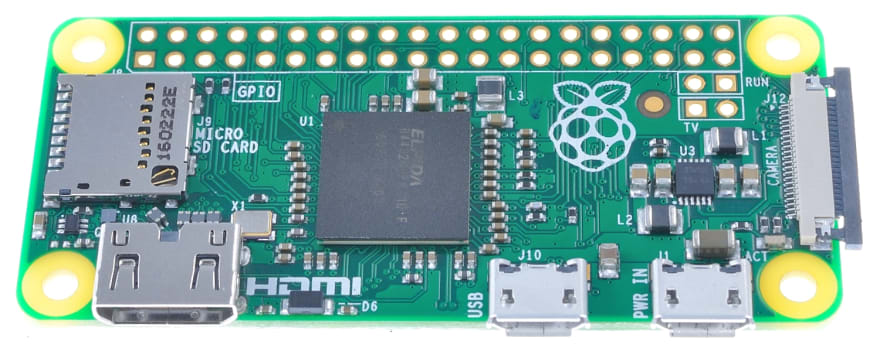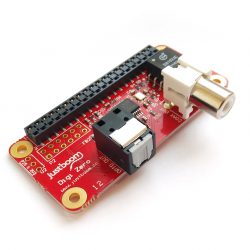

Once it's done you should see the new Raspbian boot volume when you execute this command: ls -ls /Volumes/įor security reasons, ssh is no longer enabled by default. You can press Ctrl-T to get a snapshot of the commands progress.

If you get an error that the volume is busy, make sure you ran the ummountDisk command first (see step above). To burn the image to the SD card, run this command (adjusting for the location and filename of the image that you downloaded): sudo dd bs=1m if=~/Downloads/-raspbian-buster-lite.img of=/dev/disk2 Unmount the micro SD cardīefore you can burn an image to the card, you needs to unmount it first, by issuing this command (assuming disk2!): diskutil unmountDisk /dev/disk2 Make sure you have the correct one before proceeding. Open up a terminal window and type: diskutil listĪt the bottom of the output, you should get a result similar to this: /dev/disk2 (internal, physical):Īssuming that your SD card is 8GB, you can tell that /dev/disk2 is the SD card. Put a blank micro SD card into an adapter and plug it into your computer. Once you download the file, unzip it and note the location of the *.img file. If you prefer to use an app, download balenaEtcher, flash the disk and skip down to the step about enabling ssh. These steps emulate what an install script does.


 0 kommentar(er)
0 kommentar(er)
